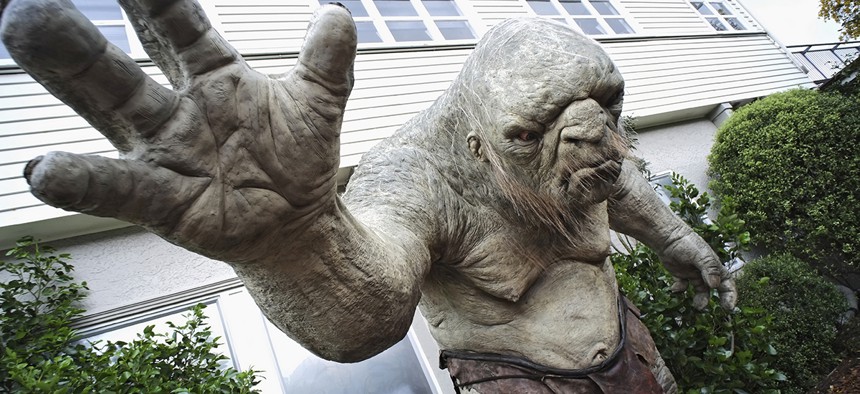Should We Feed the Trolls?

Guzsudio/Shutterstock.com
When it comes to reducing online harassment, deeper social change could have a bigger impact than fighting back one jerk at a time.
Let’s get this out of the way first: The Internet is the real world.
What you say online is still you saying something—even if you’re shielded by an anonymous account; even if you’re saying it just to be provocative, or performative, or God only knows why else. You on the Web is still you, just like you on the telephone is you. Technology doesn’t magically make a person’s behavior inauthentic, or pretend, or inconsequential.
In an essay last week, the writer Stephen Marche set out to explore a Reddit-hosted community that has a reputation for being one of the most misogynistic swamps on the Internet. Marche’s puzzling conclusion was that the participants in this group are pathetic and afraid, their fear fueled in part by a desire for cultural clarity, not by mere hatred of women.
He dismissed them, implying they weren’t threatening in any substantial way, and, in the end, suggested they read more classic literature. All this, it seemed, stemmed from Marche’s central (and misguided) question: “Are we our real selves on the internet, or are we not?”
The answer, of course, is that we are our real selves online as much as we are our real selves anywhere else. The Internet is the real world! This stuff should be easy. But it gets harder from here.
Read the rest of the story here.




